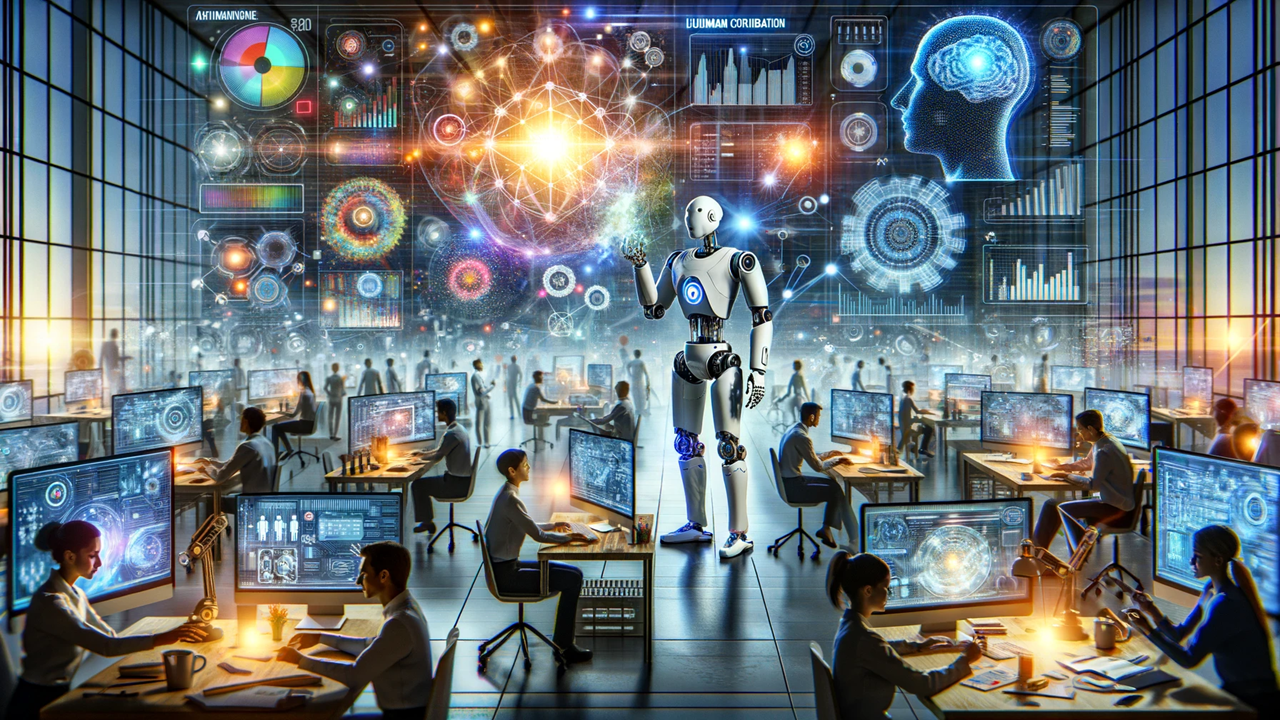At the inaugural Hamburg Sustainability Conference (HSC), the United Nations Development Programme (UNDP) and the German Federal Ministry for Economic Cooperation and Development (BMZ) announced a groundbreaking global platform designed to leverage responsible artificial intelligence (AI) for sustainable development.
This initiative includes the adoption of joint principles on responsible AI and the launch of the AI SDG Compendium, a global registry of AI initiatives focused on achieving the Sustainable Development Goals (SDGs). The platform serves as a foundation for the upcoming Hamburg Declaration on Responsible AI for the SDGs, a multi-stakeholder document slated for signing in 2025. The Declaration aims to cultivate a shared global understanding of how responsible AI can foster better development outcomes.
Emphasizing Equitable Access to Digital Technologies
German Federal Minister for Economic Cooperation and Development, Svenja Schulze, highlighted the significance of the conference's discussions on AI. "AI dramatically changes our world and brings enormous opportunities, but also risks," she stated. "With this AI platform, we have embarked on a journey with a full range of relevant players toward responsible, sustainable AI. Our shared ambition is to ensure equitable access to key digital technologies, particularly for the countries of the Global South. Digital technology must promote the wellbeing of people and our planet."
Achim Steiner, UNDP Administrator, added, "The AI revolution presents us with an unprecedented opportunity to reimagine development and improve the lives of millions. By engaging in collective action with initiatives like this AI platform, we aim not just to keep pace with change but to lead it. If we can harness AI responsibly, its impact will be transformative in closing gaps, lifting underserved communities, and accelerating our efforts to achieve the SDGs."
A Collaborative Forum for Sustainability
The two-day conference, held on October 7 and 8 at the Hamburg Chamber of Commerce and Hamburg City Hall, convened over 1,600 high-level policymakers, business leaders, academics, and civil society representatives to address pressing sustainability challenges.
A high-level panel session focused on Responsible AI for Sustainable Development featured discussions among global leaders from various sectors, including government, international institutions, the private sector, and civil society. Participants deliberated on unlocking the potential of AI for global development in an inclusive and sustainable manner.
Diverse Voices Shape AI's Future
The conference underscored the importance of incorporating diverse perspectives in shaping AI's future. Leaders from both emerging and high-income countries emphasized the necessity of collaborative efforts to shape AI. Notable speakers included Nana Addo Dankwa Akufo-Addo, President of Ghana; Édouard Ngirente, Prime Minister of Rwanda; BMZ Parliamentary State Secretary Bärbel Kofler; UNDP Administrator Achim Steiner; Sangbu Kim, World Bank Vice President for Digital Transformation; Daniel Schmid, SAP Chief Sustainability Officer; and Hindou Oumarou Ibrahim, an Indigenous civil society advocate from Chad.
Closing Digital Divides and Advancing Development Goals
By prioritizing the needs of developing countries and emerging economies in this collective effort to harness AI for sustainable development, UNDP and BMZ aim to close digital divides and advance international development goals. The Hamburg Sustainability Conference marks the first step in a multi-year journey toward establishing a more inclusive and equitable technological landscape.
The newly launched SDG AI Compendium will serve as a centralized repository for stakeholders to share information on their AI initiatives and commitments. Future actions will include roundtables and multi-stakeholder discussions to refine the principles and commitments leading up to the Hamburg Declaration in 2025. Through these collaborative efforts, the initiative seeks to promote responsible AI as a tool for sustainable development that benefits all, especially the most marginalized communities.











